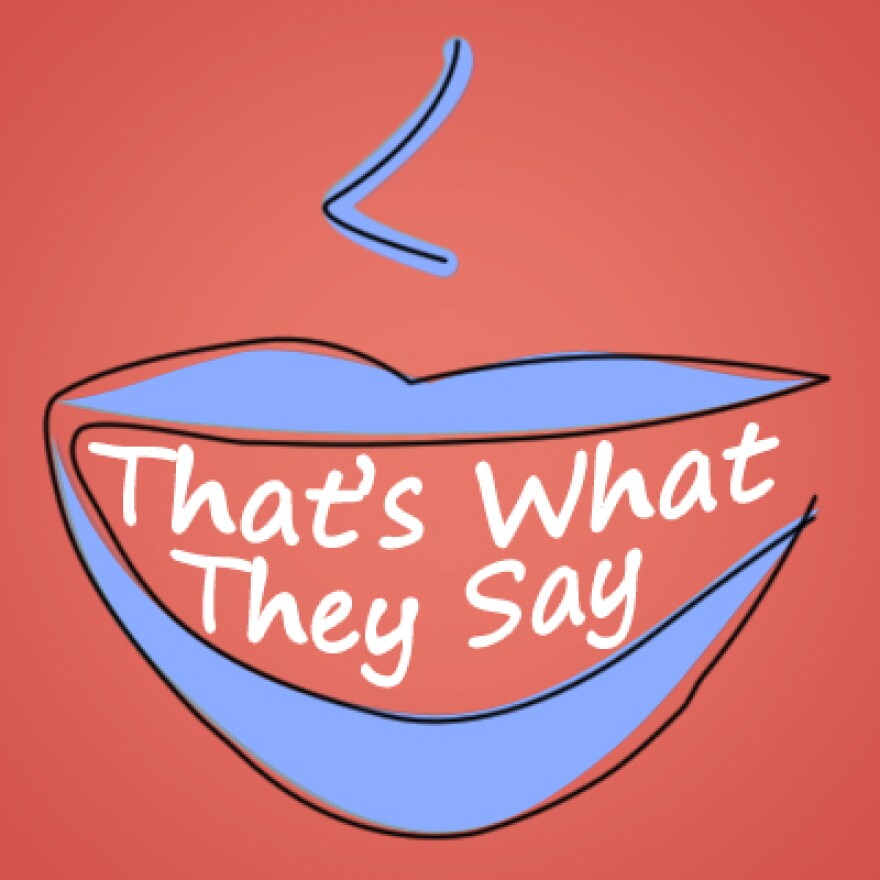It seems hard to believe that we as speakers can tolerate a word meaning two opposite things at the same time.
Host Rina Miller and University of Michigan English Professor Anne Curzan reveal some auto-antonyms, or words that mean their opposites, on this week’s edition of That’s What They Say.
Curzan begins with an example that Jesse Sheidlower, the North American Editor of the Oxford English Dictionary, shared with her.
In the sentence, “Mary and her partner had just moved in upstairs, and their boxes lay on the kitchen floor still unpacked,” unpacked is an auto-antonym. It should mean there’s nothing in the boxes, but it actually means the boxes are full.
“For many of us, in that sentence unpacked means un-unpacked,” Curzan explains.
The list of auto-antonyms continues. The verb dust can mean “to put dust or sugar on” or “to take dust off.” Similarly, the verb sanction can mean “to permit or to allow with legal authority” or “to impose a penalty on,” which suggests not permitting.
Finally, the auto-antonym cleave comes from two Old English verbs. One meant “to split apart” which led to the words cloven and cleft. The other verb meant “to adhere to.”
“Over time, those two words merged phonologically,” Curzan describes. “Now cleave can mean ‘break apart’ or ‘cling to,’” Curzan summarized.
What are your favorite auto-antonyms? Let us know on our Facebook wall or on our website.
-Clare Toeniskoetter, Michigan Radio Newsroom





